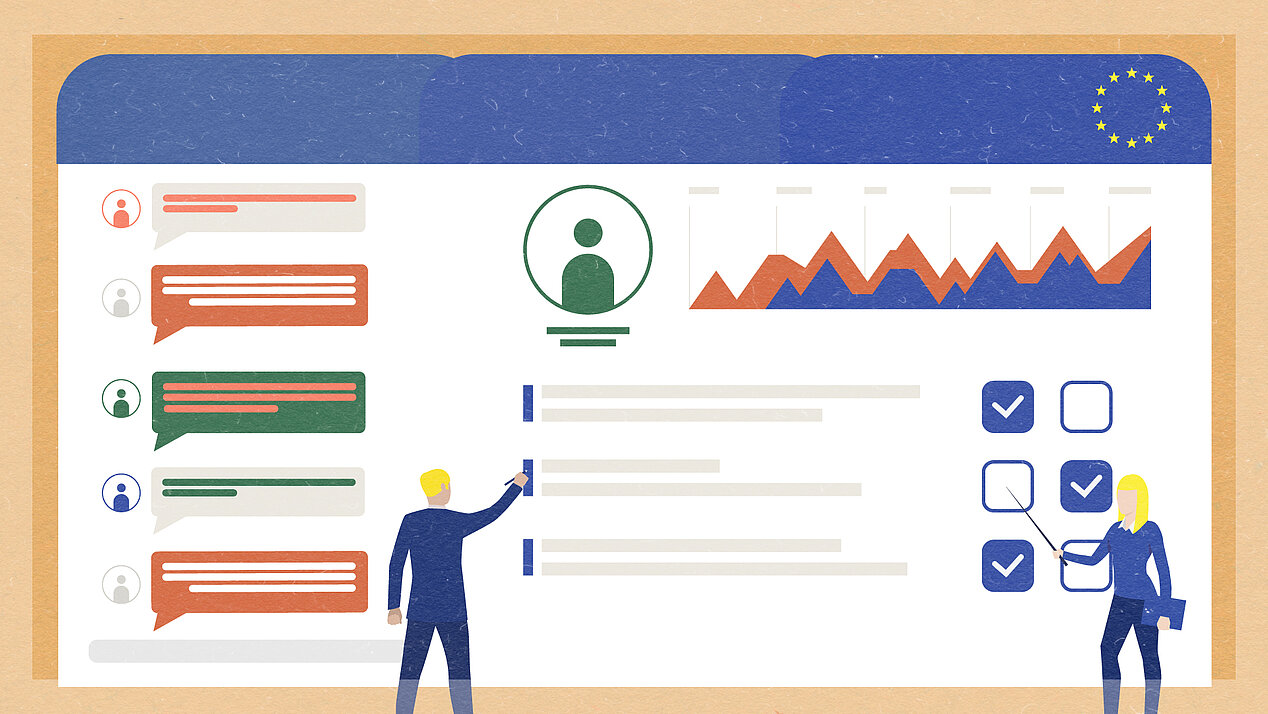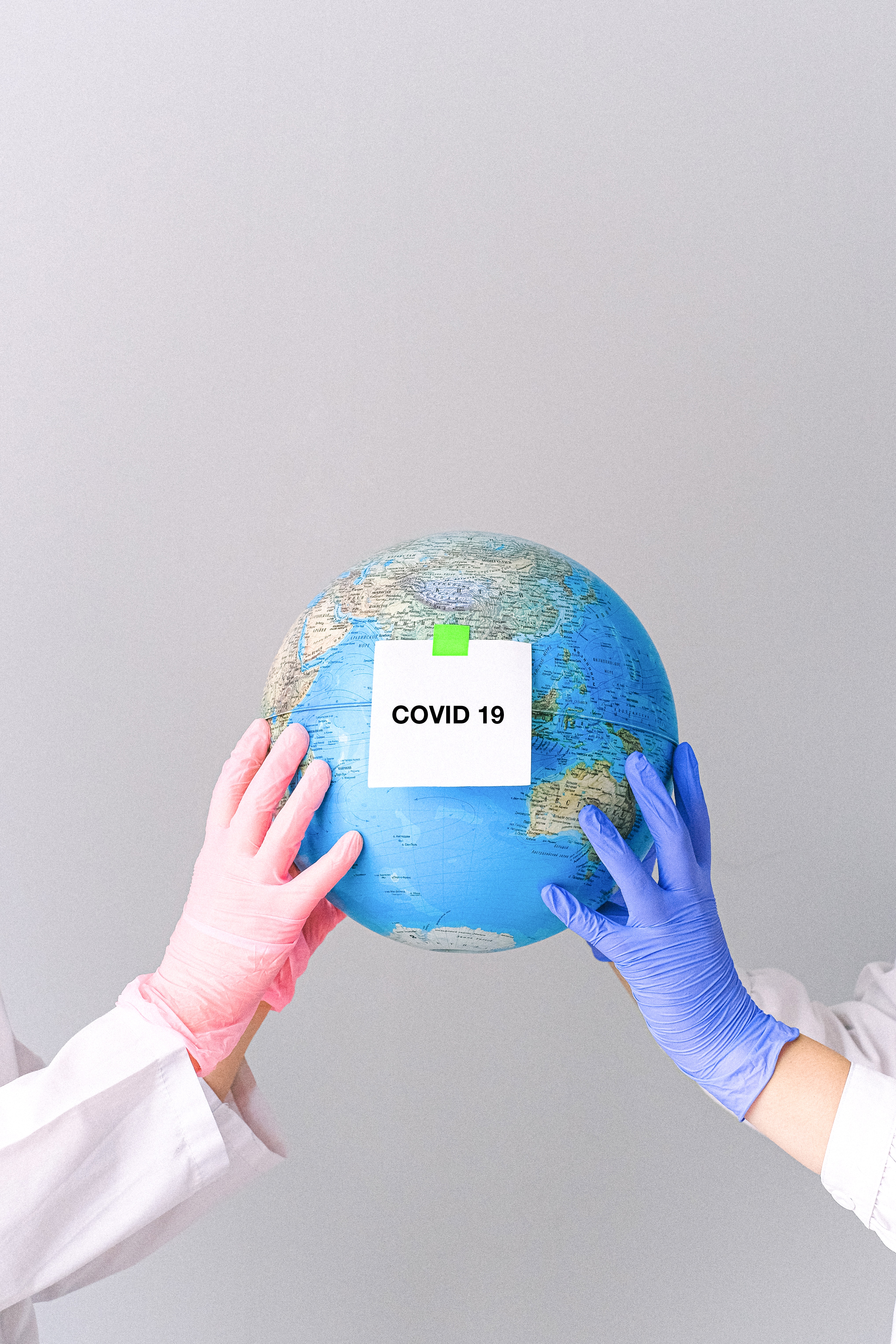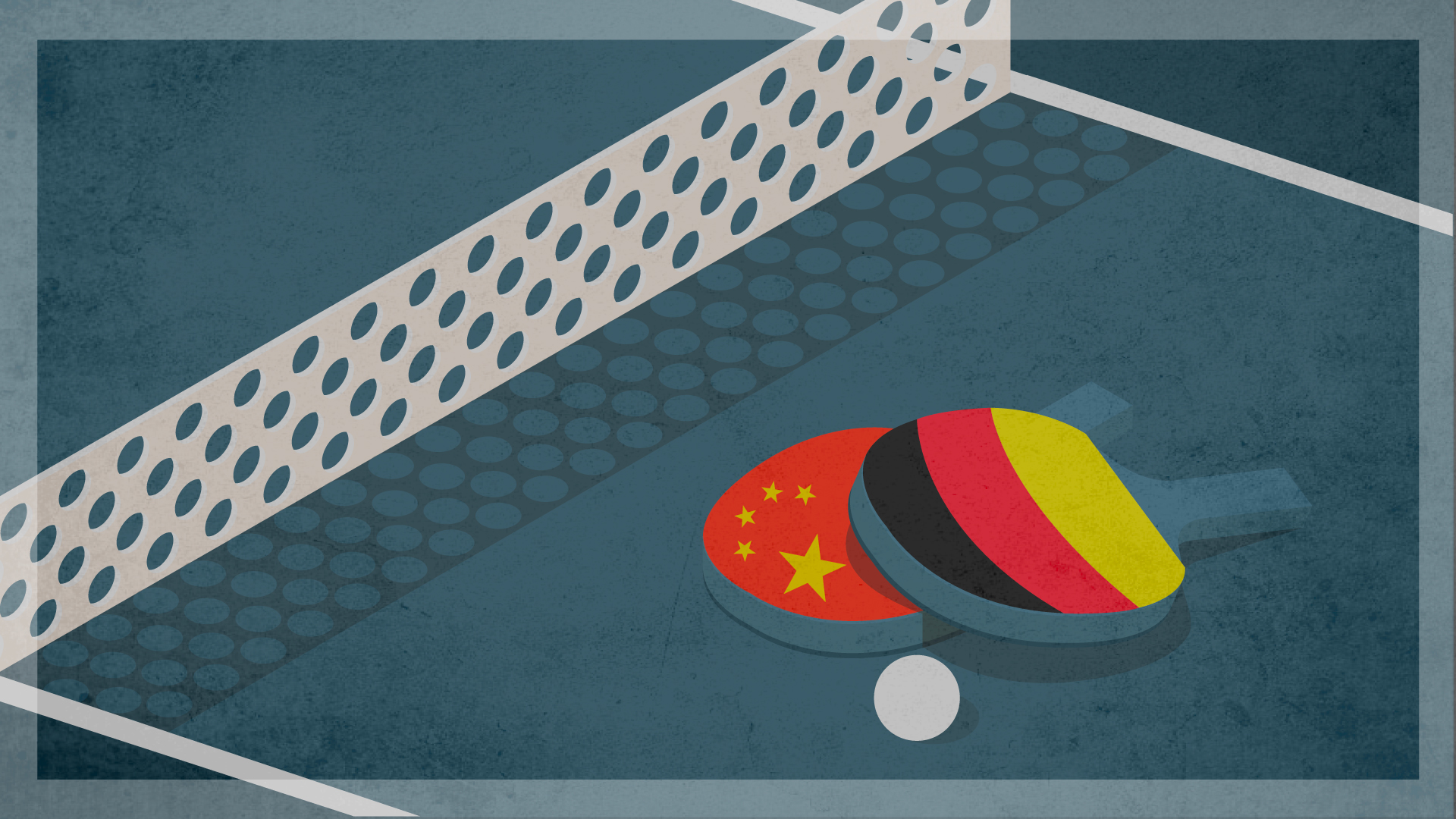Instrumentalising the Crisis
Fast forward to the present. Since the outbreak of COVID-19 in the first quarter of 2020, European governments have been constantly operating in emergency mode, concentrating decision-making power at the top of the pyramid. Virus‐related policies were negotiated ad hoc, largely bypassing parliamentary systems. Scholars like Cas Mudde, a Dutch political scientist who focuses on political extremism and populism in Europe and the United States, warned about authoritarian power grabs, for example by the Hungarian prime minister Viktor Orbán, who used the coronavirus to ‘push the final nail in the coffin of the country’s bruised democracy’.
Since the outbreak of COVID-19 in the first quarter of 2020, European governments have been constantly operating in emergency mode, concentrating decisionmaking power at the top of the pyramid.
Unsurprisingly, considerable differences in people’s attitudes towards COVID-19 policies began to mushroom. Opaque, inconsistent and hasty decisions across Europe resulted in a political cacophony that delivered discomfort and disorder in the European sphere. Fancy a few examples from the last year? The severe protests in Serbia blocked plans to enforce a second lockdown, the German government announced an Easter lockdown and revoked it in a flash, and in Italy demonstrators hurled Molotov cocktails and rocks against riot officers firing teargas. The good thing is that we can learn a few things from this messy European approach.
- First of all, while protest might be an effective way to show discontent, we should not be blindsided and believe that these protests really represent the preferences of society at large (at least until that is really proven).
- Secondly, the constant switch from total lockdown to total reopening (only to reinstall lockdown) around Europe caused an arbitrary view and political disaffection. People around the continent pointed to the pros and cons of the Swedish laissez-faire approach, the stricter French measures, or the mass testing of Slovakia.
- Thirdly, and most importantly, involving the European public in a meaningful way in COVID-19 policymaking has been notably absent. Even routine forms of obtaining rapid public input requiring minimal effort were seldom deployed. This is all the more remarkable after reading that public participation is in fact repeatedly recommended in health disaster literature.
Statistics tell us that the chances for greater victimisation during a disaster or epidemic are unevenly distributed in society. That means, depending on your wallet, social class, ethnicity, gender, and social connectedness you are more likely to suffer harm or to recover swiftly than others. If citizens are not enabled to participate on health measures, blind spots are likely to occur as they are often taken in a one-size-fits-all approach.
Empirical evidence further shows that the general public calculates and justifies risks in their own context. For example, transport researchers at the TU Delft have found that low-income groups ignored self-quarantine orders and travel restrictions more frequently, since their relative earning losses were higher than for other income groups.
Yet citizens were anything else that impassive. Many of the problems faced by isolated and elderly households were largely tackled through self-help on the part of countless spontaneous volunteer projects. In the absence of government action, citizens decided to organise their own COVID-19 responses. It would be completely short-sighted to treat the public as a panic-stricken crowd that needs to be controlled.







